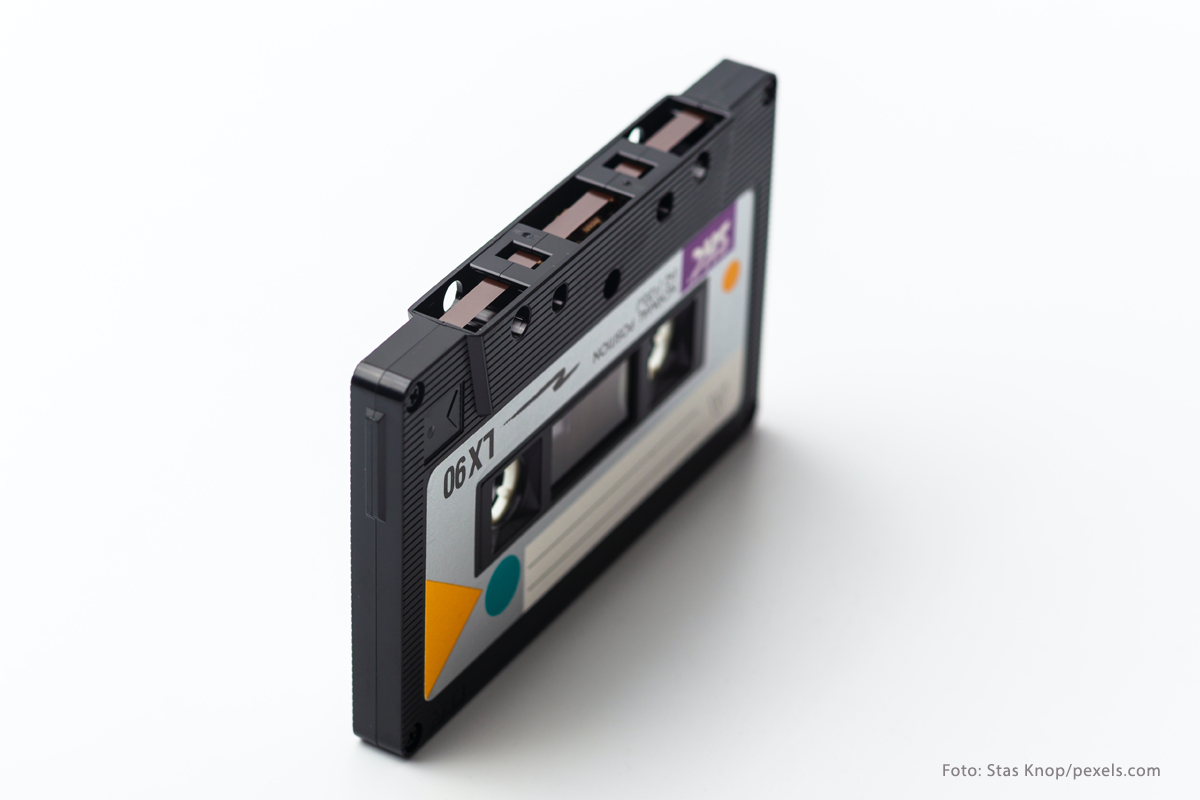Stores to Karaoke Must Pay Royalties for Music and Songs

The government affirms the obligation to pay royalties to anyone, whether individual or business entity, who uses songs and/or music commercially or for public services. This provision is binding on various types of business activities, ranging from stores, seminars, cafes, and restaurants, to karaoke. Royalties must be paid to the creators or copyright holders of songs and/or music through the National Collective Management Agency (LMKN).
In general, there are 14 public services that fall into the category of commercial activities, which must pay royalties for the use of music, as stipulated in Government Regulation (PP) Number 56 of 2021 on Management of Royalties for Songs and/or Music Copyright.
|
|
Waivers
Government Regulation Number 56 of 2021 also emphasizes that Micro, Small, and Medium Enterprises (MSMEs) that commercialize songs and/or music are entitled to be granted royalty tariff waivers. Royalty tariff waiver will be further determined by the Minister of Law and Human Rights.
The royalty payment obligation to LMKN applies only to the commercial use of songs that do not have a license agreement between the business and the creator or copyright owner. Later, the government through LMKN will record songs in a general list of works that have been previously registered by the song's creator or copyright owner.
Besides recording songs, LMKN will also manage all royalties paid, which will then be distributed to creators and copyright owners who have registered the songs used by commercial event organizers.
For the management of royalty funds, LMKN must be audited by a public accountant at least once a year and the results are announced to the public through the national print and electronic media.
In the meantime, concerning the amount of royalties which are the rights of copyright holders, it will be further regulated in a Regulation of the Minister of Law and Human Rights.
Required to Register Songs
To protect works and get a share of the royalties collected by LMKN, creators, copyright holders, related rights owners or proxies must register their songs or music at the Ministry of Law and Human Rights.
The song or music will later be recorded in a song or music data center managed by the Ministry of Law and Human Rights and it's accessible to LMKN, creators, copyright holders, copyright owners, or their proxies, including business actors who use them for commercial purposes. The song or music data center will be updated regularly every three months or anytime if deemed necessary.
Technology Support
The royalty management regulations aim to provide protection and legal certainty over the use of songs or music for commercial purposes.
However, the government considers that this regulation needs to be supported by the use of qualified information technology.
For this reason, the government will provide a Song and/or Music Information System (SILM) which will be managed by LMKN, in order to distribute royalties on songs or music proportionally.


